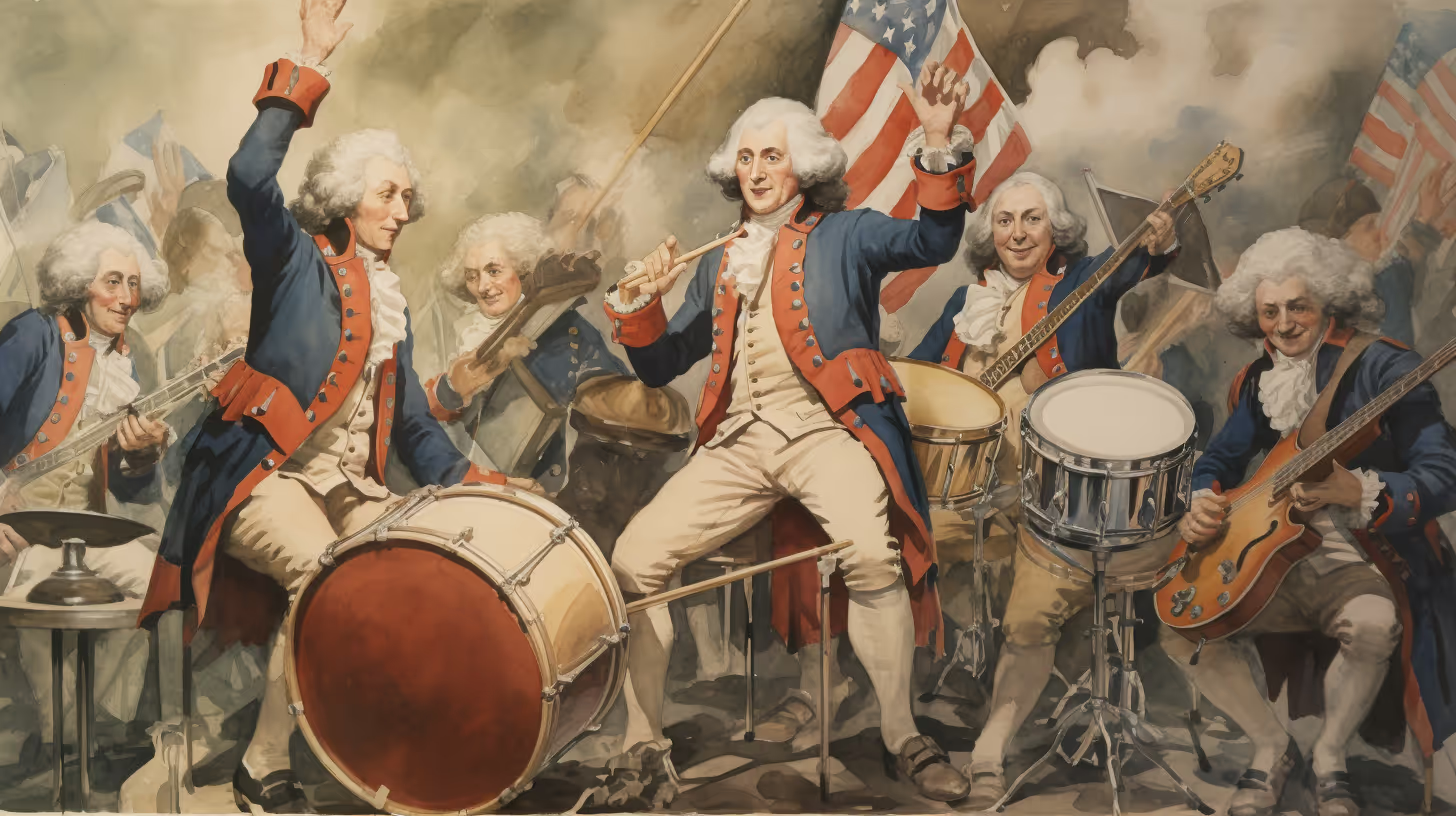
On this Fourth of July holiday, I'm reflecting on the courage and bravery it took for English citizens in America to challenge foreign rule, fight back against a monarchy and start to build the foundation for something new.
As humans, we are wired to crave the new. A new flavor of ice cream, a new season of our favorite TV show, a new shirt, a new album by our favorite band. We’re constantly on the search for something new, different, and exciting.
The irony is that while we crave novelty in what we consume, we stick to what we know when it comes to what we create.
In our work, most of us follow current systems and processes because it’s frustrating to try something new. It requires time and experimentation, not to mention the willingness to get a little lost. You may even have to show a proof of concept to your company in order to get permission to move forward.
But if you work at a company that rewards, or at least tolerates, creativity and innovation, it can be incredibly fulfilling to change and improve your processes.
As a business artist, you simply have to go for it. You must give yourself permission. Don’t just imitate what others are doing. Instead, choose to create. But keep in mind that the creative process, by its very definition of being something that is different, requires you to let go of the need to ask for permission.
Let me ask you: are you willing to try new things? To experiment? To boldly take action and take a risk because you didn’t ask for permission?
Mimicking Others is Not the Goal
During the pandemic, I did a lot of experiments to make sure we were delivering and scaling virtually in a way that works. I wanted to try out some new ways to engage customers, given the fact that they were going through the pandemic as well. Maybe just like me, they didn’t want to sit on Zoom calls all day long as well.
I outfitted my home in LA with multiple cameras, a tripod and green screen, and I downloaded some video editing software (I paid quite a bit of money to find the right one!). I started experimenting and making video proposals that had some flare. I used overlaid images in addition to some moving objects on the screen.
It took a little time to get the process going, but eventually I was making them faster than I could make presentation slides. Clients loved the videos! Several of my colleagues were intrigued. Everybody wanted to know how I did it, what my system was, and what software I was using. I wanted to help them succeed, so I trained them how to use my system.
I learned something interesting in this process: I could teach people to mimic my own process and style, but that wasn’t my goal. I wanted them to take the basic system and adapt it to their own personalities and find their own style. A few of them started to go down this road, but others struggled to inject their own personality into the process.
The whole experience was a reminder that even when you’re trying to teach people to be creative, there’s always a tendency to just copy what you know instead of adapting it for your own context.
Are You in Danger of Becoming a Cover Band?
A key principle of the Business Artist philosophy centers on the experimentation of your artistic creativity, which is about making connections, seeing patterns where others do not, and expressing your thoughts and emotions in your own unique ways.
This is a microcosm of the larger problem we face in business today: the problem of imitation. It’s so much easier to just copy what another business or leader is doing, rather than think for ourselves. At its core, it’s not just a business problem … it’s a human problem. Left to our own devices, we take the path of least resistance and search for the most painless way to get things done.
Much of the time, business and sales are run like a cover band. A cover band can mimic the original artist’s sound and style, but they don’t create anything new. It’s a carbon copy of the original—it has the essence, but it’s slightly degraded with each subsequent generation of the copy, like a cassette recording that’s been dubbed a few too many times.
Cover bands have their place in society. They’re great for entertainment but not for creating anything new. But for business artists, it’s not enough to just operate as a faint copy of someone else. True Business Artists want to do more than just follow a script or mimic outdated sales and business practices.
There’s a reason most people follow scripts in their life and work–because it’s the easiest route. It doesn’t require as much creative energy. But we’re entering a time in the world of business where scripts won’t cut it anymore. The old rules are out, and those who survive are the innovators and change-makers.
Todd Henry, author of many books on business and creativity, often says on his Accidental Creative podcast that “cover bands don’t change the world.”
Wise words indeed.
Sign up for our Business Artist Bi-Weekly Newsletter
.png)




